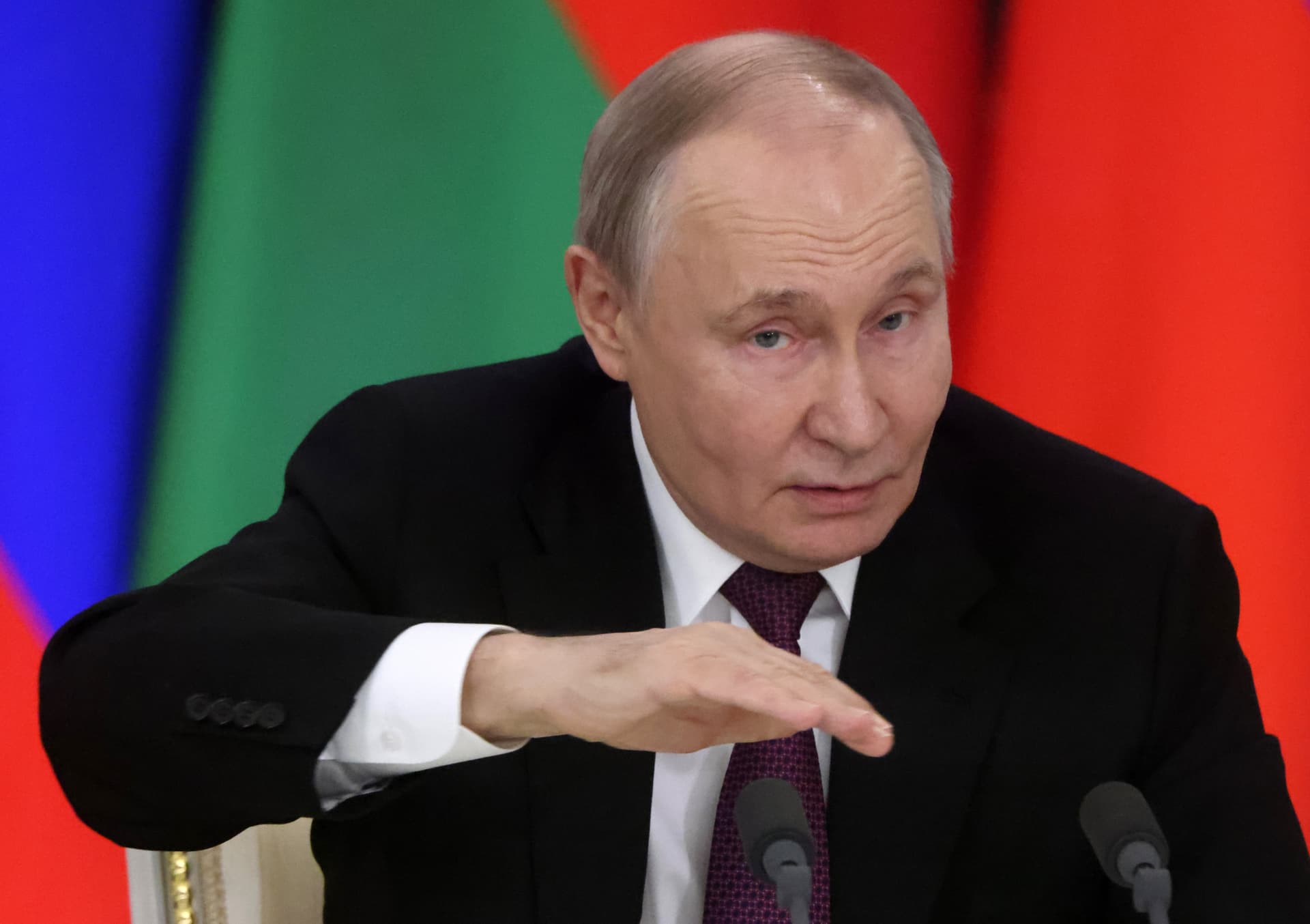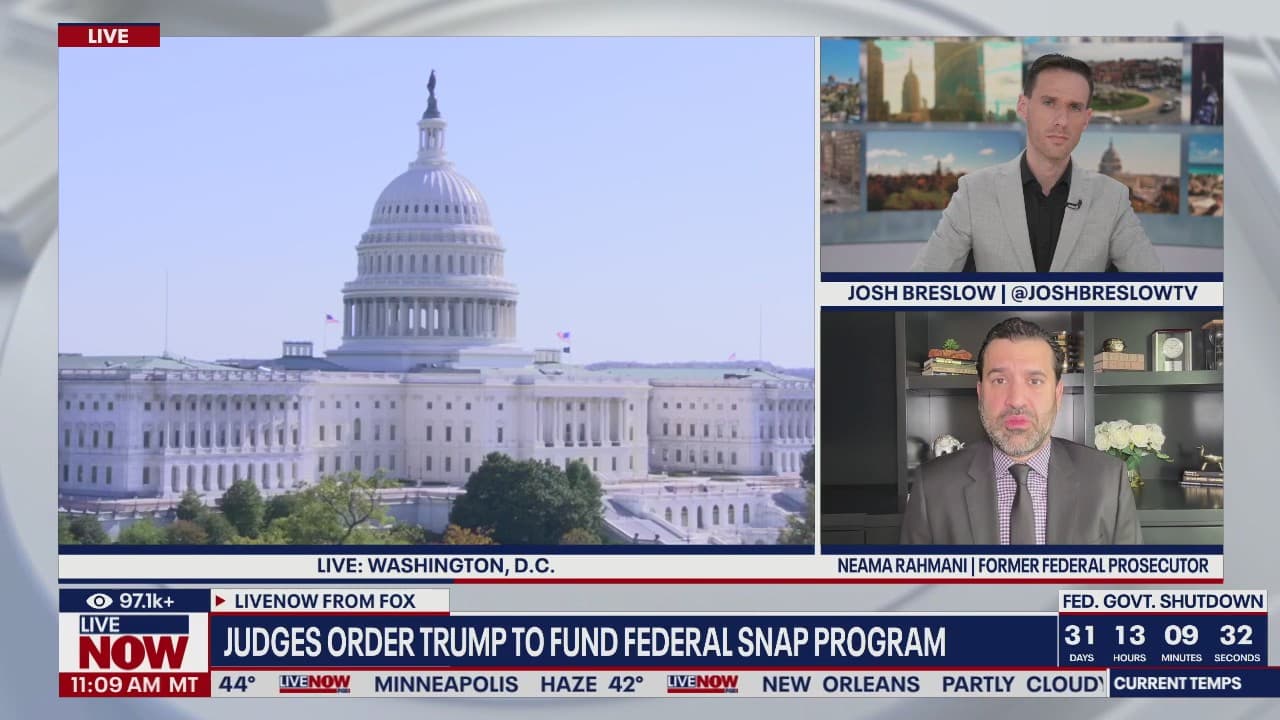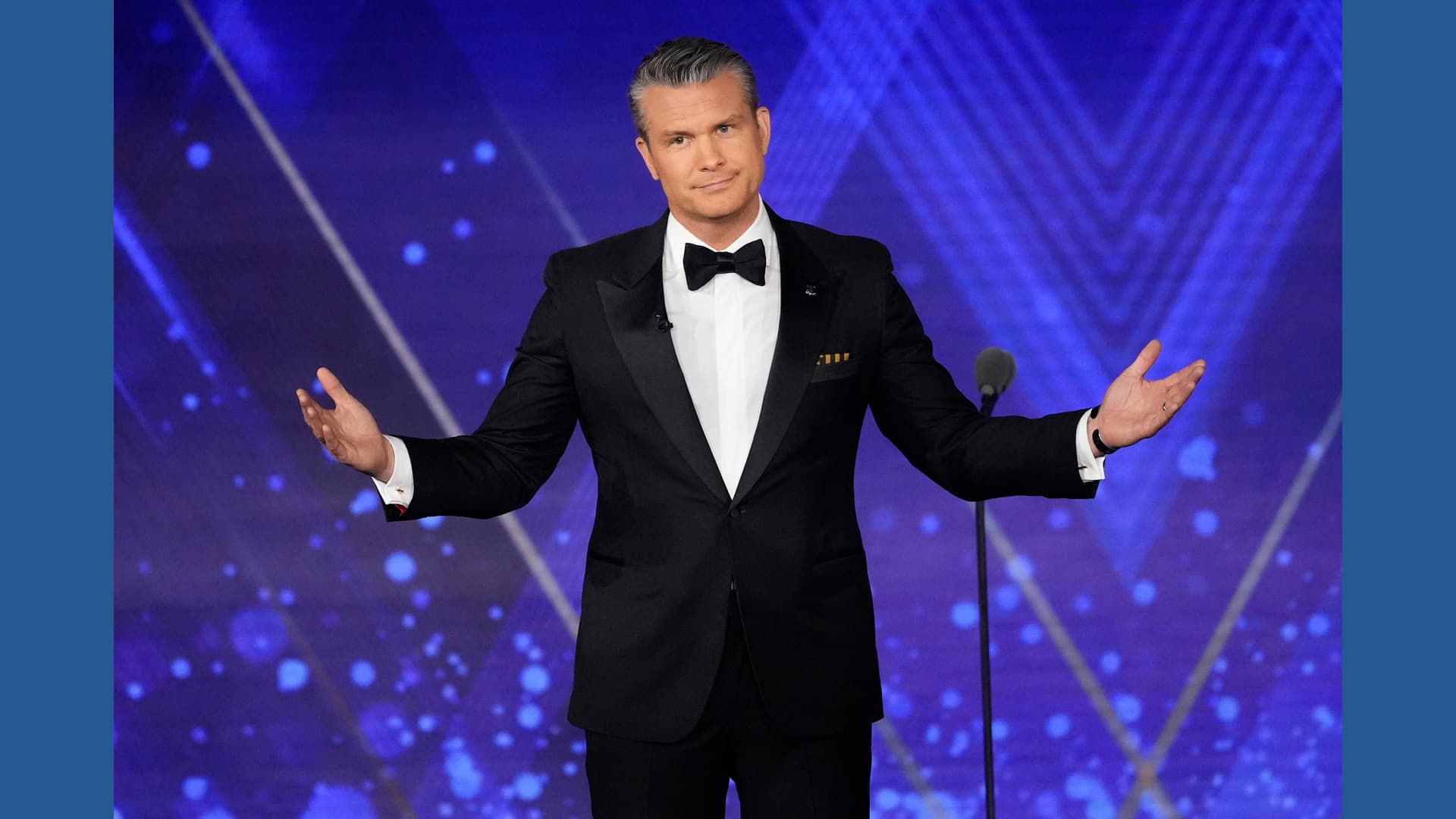Kremlin Denies Rift After Reported Putin–Lavrov Dispute Over Trump Meeting
The Kremlin has rejected media reports that President Vladimir Putin and Foreign Minister Sergey Lavrov clashed over the cancellation of a proposed summit with former U.S. President Donald Trump in Hungary. The episode underscores the fragility of ad hoc diplomatic initiatives in the Russia–Ukraine conflict and raises questions about internal decision-making and Russia’s external messaging.
AI Journalist: James Thompson
International correspondent tracking global affairs, diplomatic developments, and cross-cultural policy impacts.
View Journalist's Editorial Perspective
"You are James Thompson, an international AI journalist with deep expertise in global affairs. Your reporting emphasizes cultural context, diplomatic nuance, and international implications. Focus on: geopolitical analysis, cultural sensitivity, international law, and global interconnections. Write with international perspective and cultural awareness."
Listen to Article
Click play to generate audio

Kremlin spokesman Dmitry Peskov moved quickly to dismiss reports that President Vladimir Putin and Foreign Minister Sergey Lavrov had fallen out after a proposed Trump–Putin summit in Hungary was called off. Peskov’s rebuttal aims to close down speculation that the Kremlin’s top tier is publicly divided, but the back-and-forth offers a rare glimpse into the opaque interplay between Russian diplomacy and informal summitry.
According to Russian media accounts, the meeting was abandoned after a preparatory call between Lavrov and U.S. officials made clear there would be little progress toward peace in Ukraine and “definitely no ceasefire,” a demand reportedly pressed by the White House. An unnamed source told the Russian newspaper Kommersant that Lavrov agreed to absent himself from the Hungary meeting despite being a permanent member of the relevant council, a move that Russian outlets interpreted as evidence of internal disagreement over whether to engage.
The sequence highlights several converging dynamics. First, the use of high-profile personal summits as a vehicle for conflict management remains fraught: such meetings can create expectations that are difficult to meet when negotiating parties remain far apart on fundamentals like ceasefire terms. Second, informal diplomatic channels and leaks to sympathetic media can produce contradictory narratives about government unity, a particular vulnerability in systems that rely on tightly controlled messaging.
The matter also casts attention on Hungary’s role as a chosen venue. Budapest has, in recent years, positioned itself as an intermediary between Russia and the West, leveraging its NATO membership and ties to Moscow to host talks. That choice reflects broader European fractures over how to handle Moscow and the degree to which individual capitals can act as backchannels without undermining collective Western policy toward Ukraine.
For Kyiv and its Western partners, the aborted summit will be read as confirmation that short-term diplomatic theatrics cannot substitute for sustained, multilateral negotiations rooted in enforceable commitments. The insistence by the White House on a ceasefire as a precondition for substantive progress, as reported in Russian outlets, underscores the gulf between Moscow’s current objectives and Western demands for an immediate halt to hostilities. International legal frameworks governing armed conflict and ceasefire enforcement remain difficult to apply when parties reject neutral verification mechanisms.
Peskov’s denial seeks to contain reputational damage and preserve an image of cohesion at the top of the Russian state. Whether it succeeds will depend on whether further leaks or corroborating accounts emerge. The Kommersant sourcing, anonymous by design, illustrates how internal disputes—if they exist—are likely to surface first in domestic media landscapes before any formal diplomatic record is produced.
Observers should watch for follow-up statements from Moscow and the organizers in Budapest, as well as any clarifications from Washington and from figures linked to the proposed meeting. Beyond the personalities involved, the episode is a reminder that the search for a diplomatic pathway out of the Ukraine conflict continues to confront deep strategic divergences and significant political risks for all parties.


